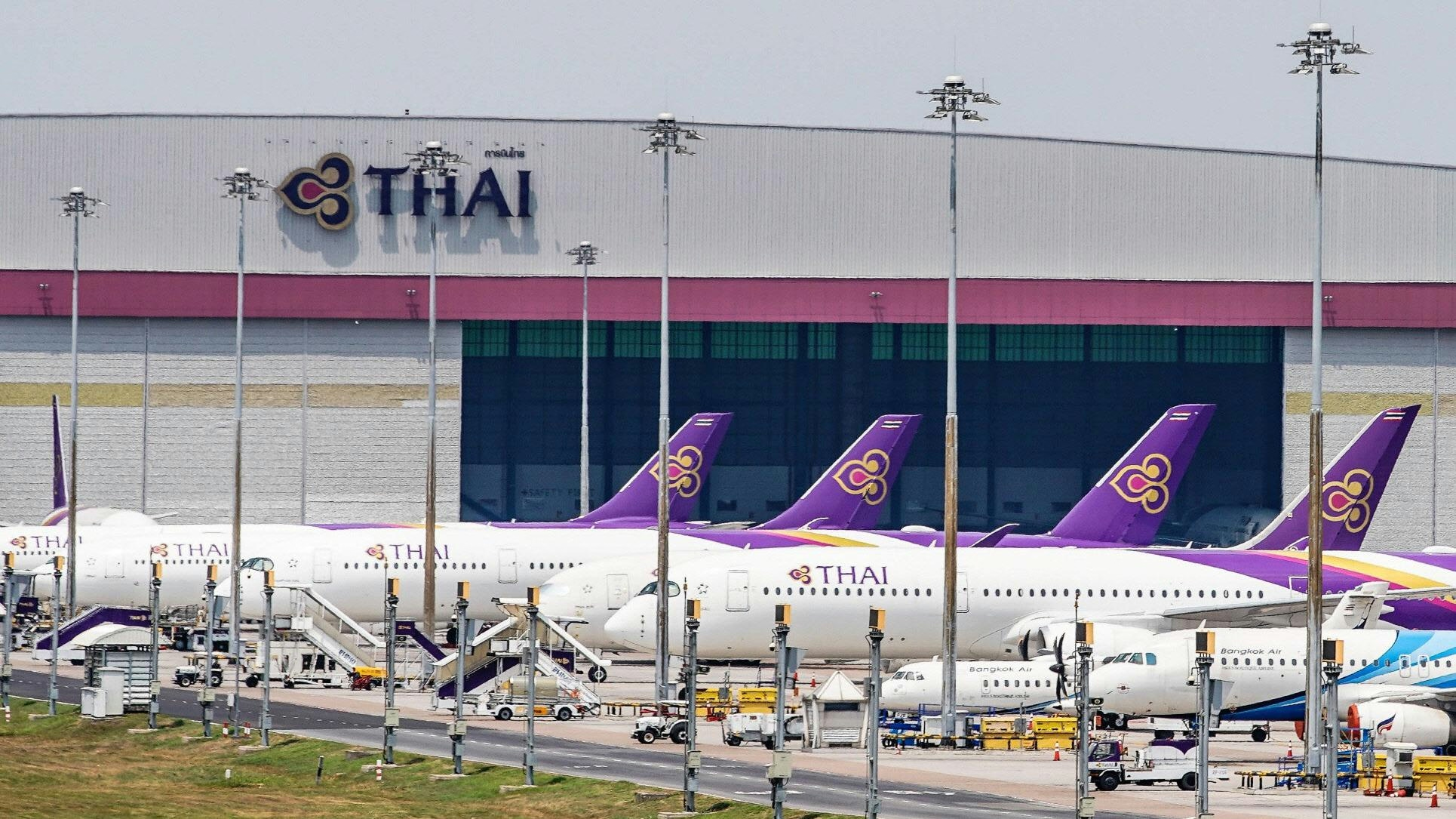AeroGenie — Il tuo copilota intelligente.
Tendenze
Categories
Aircraft Shortage Could Delay Thai Airways Expansion

Aircraft Shortage Threatens Thai Airways’ Expansion Plans
Thai Airways International Plc faces potential delays in its ambitious expansion strategy due to a persistent shortage of passenger aircraft, according to Chief Executive Chai Eamsiri. The airline is currently struggling to acquire sufficient wide-body jets necessary to support its planned growth in European services. As an interim measure, Thai Airways is relying on leased aircraft until new deliveries are expected to commence in 2027.
Supply Constraints and Operational Challenges
Speaking at the Thailand Focus 2025 conference in Bangkok, Mr. Chai underscored the global bottleneck in aircraft supply, with major manufacturers Boeing and Airbus unable to keep pace with rising demand. This shortage has forced airlines worldwide to retain older fleets and incur higher leasing costs, thereby limiting industry expansion and increasing operational expenses. Mr. Chai warned that if Thai Airways cannot secure leases for new wide-body aircraft by mid-2026, it may be compelled to suspend the launch of new routes and additional flights.
The airline plans to introduce approximately 17 new narrow-body aircraft by the end of 2026, primarily to enhance its Asian network. Strengthening Bangkok’s role as a regional hub for connecting flights to Europe remains a key objective. Currently, Asian routes generate about half of Thai Airways’ revenue, while European services contribute roughly one-third, according to Bloomberg data.
The shortage of aircraft presents multiple challenges, including potential delays in delivery schedules, increased costs associated with leasing and maintaining aging planes, and the risk of losing market share to competitors. Rival carriers may respond by adopting aggressive pricing strategies or expanding their own fleets, thereby intensifying competition in critical markets.
Industry Outlook and Financial Performance
Market analysts note that although aircraft delivery schedules are gradually becoming more predictable, ongoing supply chain disruptions continue to jeopardize expansion plans across the aviation sector. These uncertainties have heightened investor concerns regarding Thai Airways’ financial stability and growth prospects.
Despite these obstacles, Mr. Chai expressed cautious optimism about the airline’s near-term performance. He anticipates strong earnings from core operations in the second half of the year, supported by robust passenger demand on routes to Europe, India, and Australia. In the second quarter, Thai Airways reported a net profit of 12.1 billion baht, a significant increase from 306 million baht a year earlier. This improvement was driven by lower finance costs and one-time gains from the termination of aircraft lease agreements. Revenue rose 14 percent year-on-year to 51 billion baht.
As the global aviation industry continues to contend with supply limitations, Thai Airways’ ability to secure additional aircraft will be crucial to sustaining its growth trajectory and maintaining its competitive position in the region.

Capital A Completes Sale of Aviation Business to AirAsia X

Four Gateway Towns to Lake Clark National Park

PRM Assist Secures €500,000 in Funding

Should Travelers Pay More for Human Support When Plans Go Wrong?

InterGlobe Aviation Shares Rise 4.3% Following January Portfolio Rebalancing

Key Market Segments Shaping Airline Route Profitability Software

Locatory.com Gains Traction Among Aviation MROs and Suppliers

JetBlue Flight Makes Emergency Landing Following Engine Failure

58 Pilots Graduate from Ethiopian University

The Engine Behind Boeing’s Latest Widebody Aircraft
